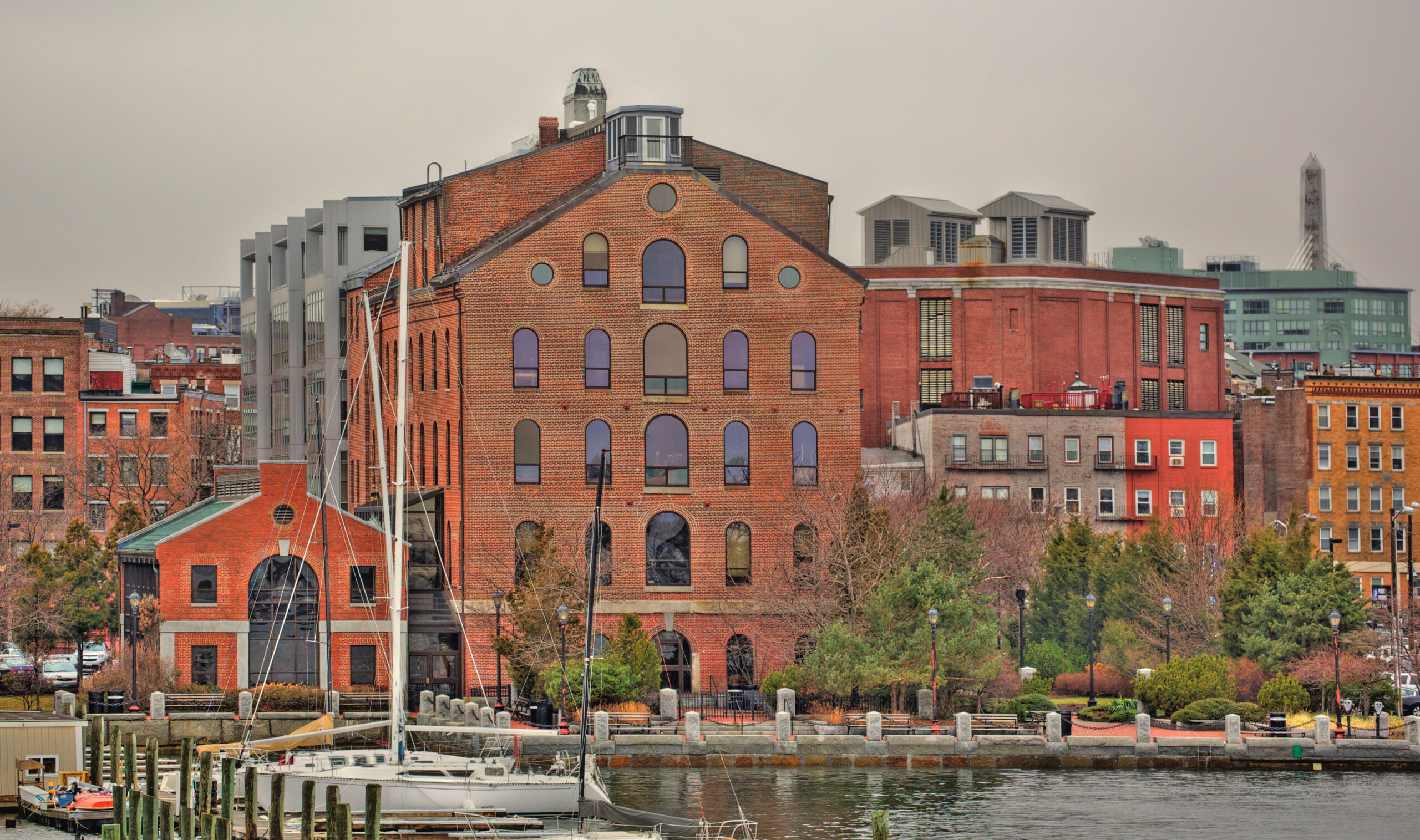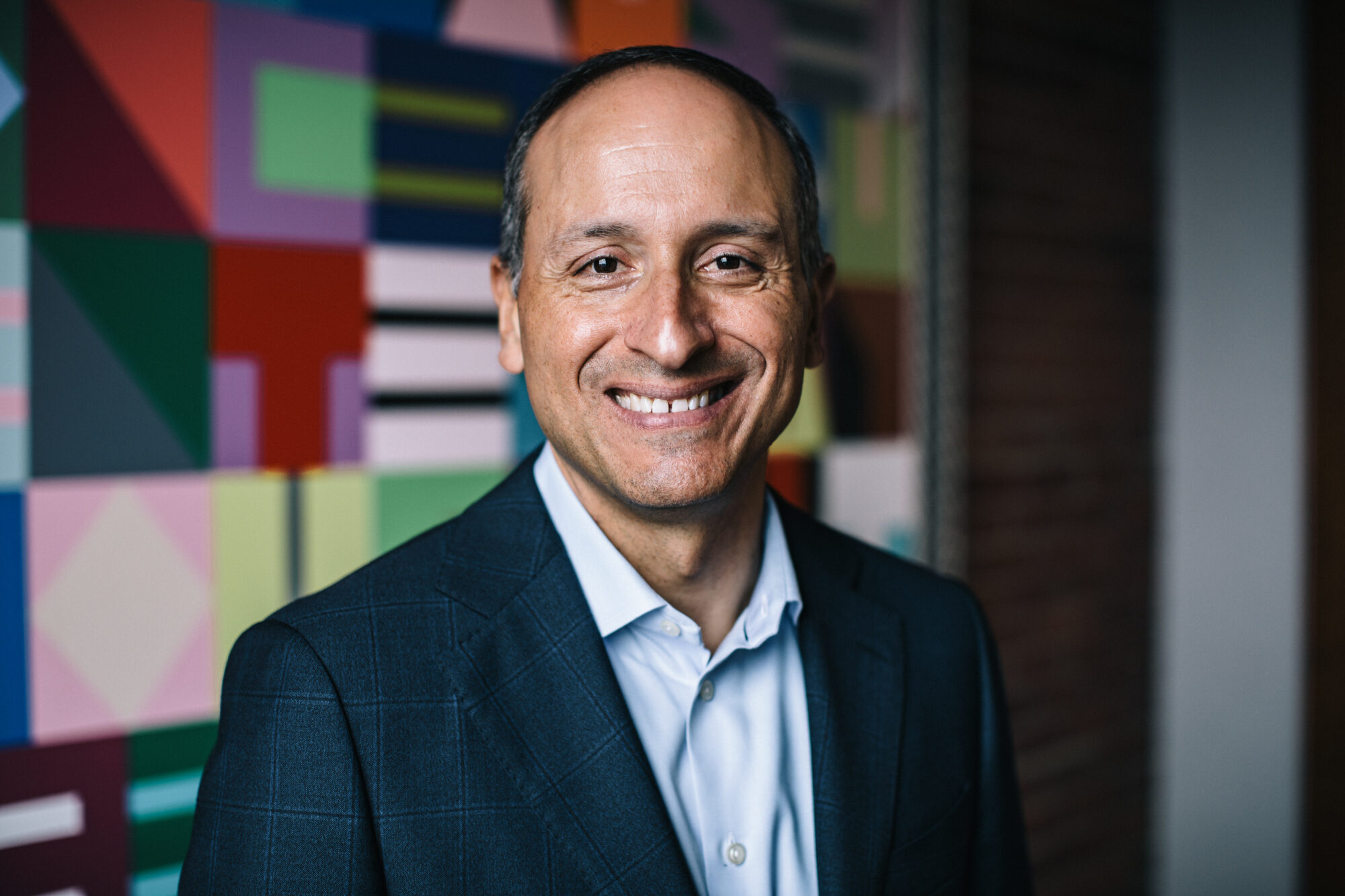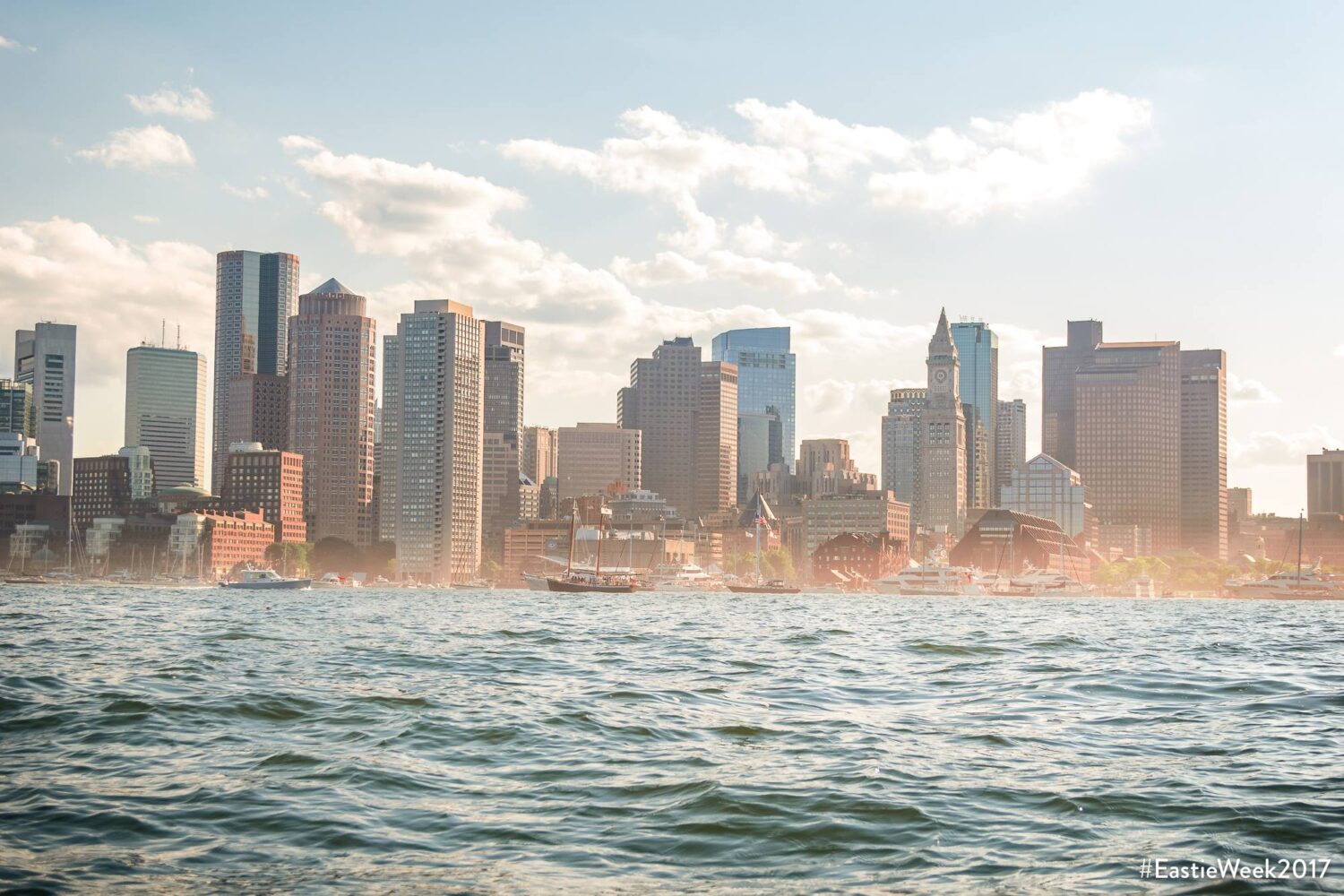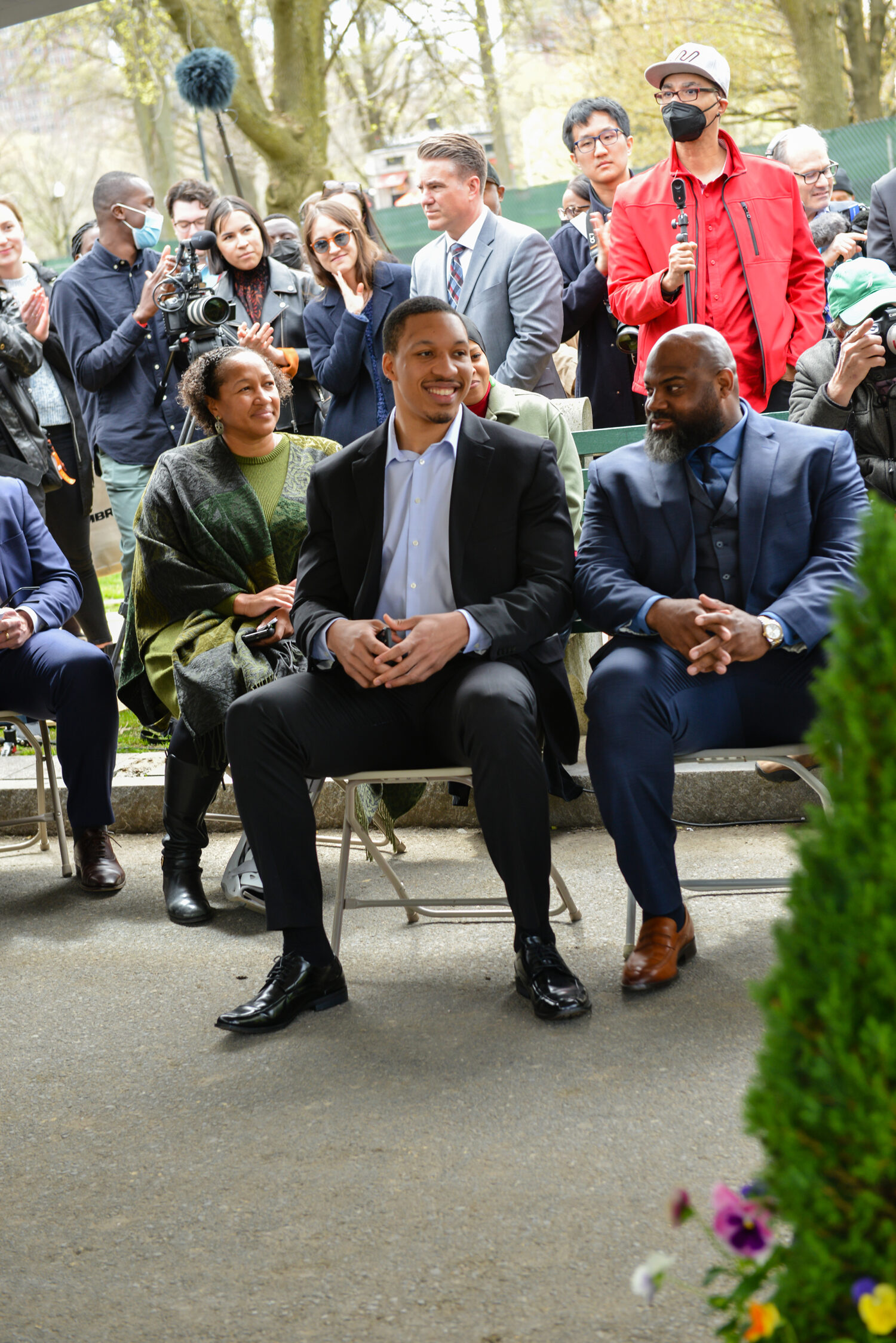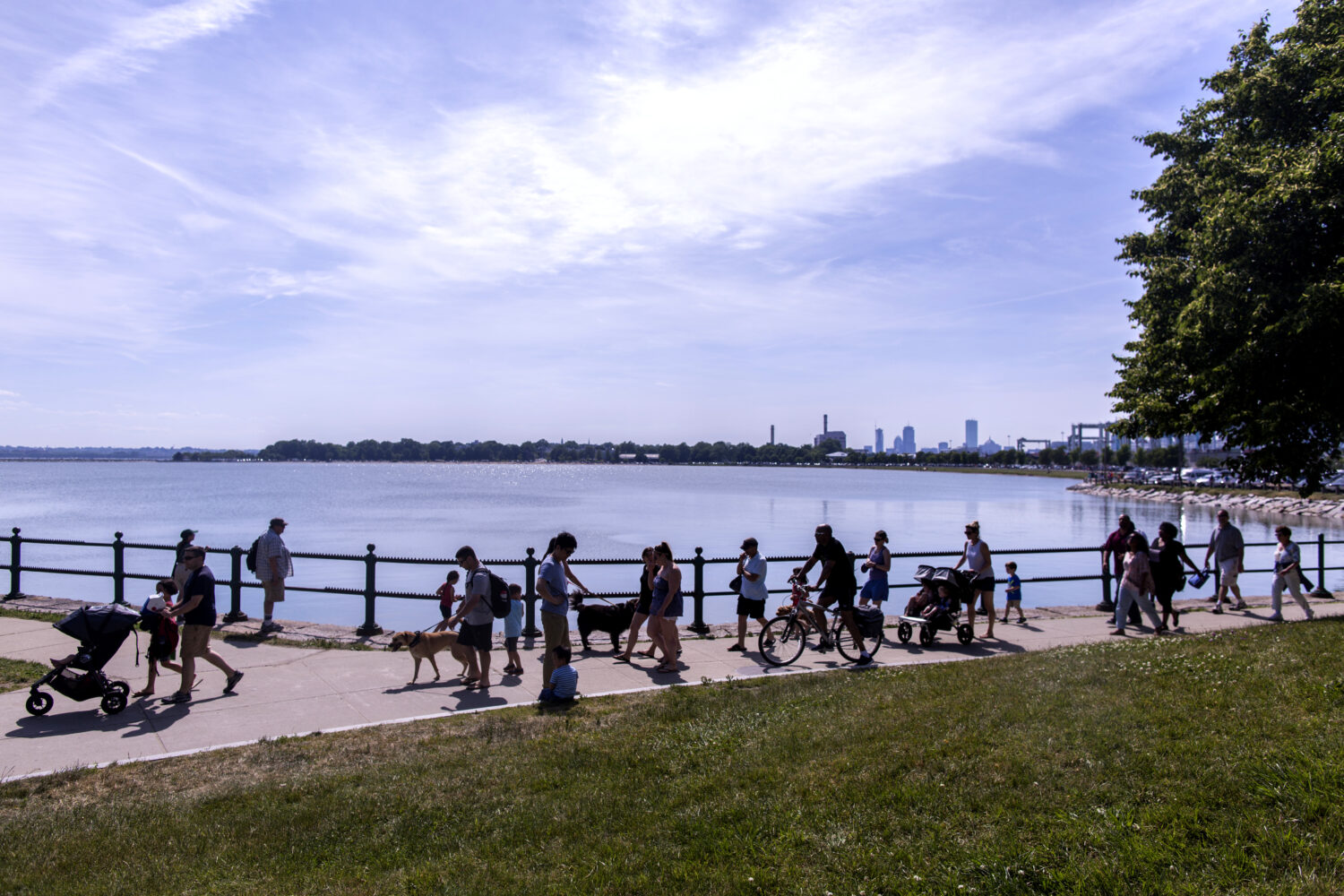Last week, the Barr Foundation held its final trustee meeting of the year. As we end 2022, we project $141 million in grants this year, which is an increase of 16% from 2021 (when we made $122 million in grants). Both this year and last represented all-time highs in grantmaking for the Foundation.
While we have steadily grown our grantmaking these past several years, and are proud of the important work these resources have supported, we are also cognizant that Barr’s contributions will always be modest relative to what lasting impact requires. That reality makes one of our core values—take the long view—all the more relevant.
For Barr, that core value in action means that we strive to be an engaged partner, investing in work for the long term, building deep and meaningful relationships with our partners, and acknowledging that addressing big challenges requires sustained commitment with a willingness to take risks.
In this, my final post of 2022, I wanted to share some exciting updates related to one of Barr’s newest initiatives – focused on reducing the racial wealth gap in Greater Boston – and how they reflect this long-term view and abiding commitment to impact.
I introduced Barr’s Racial Wealth Initiative this past June. Since then, we have awarded almost $15 million in grants to an inaugural cohort of 15 partners. These organizations are at the heart of efforts to advance racial wealth equity in Greater Boston. Barr’s initial investments of flexible multi-year support for their program and operations were informed by conversations with leaders in the field, through a listening tour we conducted in 2021.
Our grants focus on three broad areas: (1) strengthening core organizations advancing programs and policy; (2) investing in data and research; and (3) elevating the role of narratives as a means to broaden understanding and enable community dialogues around racial wealth equity.
These grants represent only the beginning of Barr’s work in this area. One of the most resonant findings from our listening tour was how disruptive it can be, and how much risk it introduces, when funders’ interests and commitments prove fleeting. Barr’s commitment is not that.
The systemic and structural racism that created and perpetuate the racial wealth gap will not be undone in a single grant cycle or time-horizon of a multi-year initiative. Advancing racial wealth equity requires honest dialogue, patient capital, authentic partnership, hard work, and – perhaps above all else – deep and abiding trust in those closest to the solutions.
Taking the long view of this, here are three grants we awarded this fall precisely because they lay further groundwork for the long-term work ahead:
First, with a three-year grant of $1,000,000, we are supporting the launch of a new project of Boston Indicators at The Boston Foundation, called, The Racial Wealth Gap and Economic Security Research Initiative. This new effort will build a robust and trusted source of information about the economic well-being of the greater Boston community. A new online resource center will make it easy to find the most current research on the racial wealth gap. The Boston Indicators team will also partner with outside experts on new research featuring promising solutions for closing the racial wealth gap and expanding economic security.
Second, with a 15-month grant of $750,000 to The Boston Globe, we are providing seed support to an ambitious new effort to elevate and amplify stories, research, and data about racial wealth equity in Greater Boston. Building on the Globe’s 2017 Spotlight series “Boston. Racism. Image. Reality,” which was a Pulitzer Prize finalist and helped catalyze a city-wide conversation about racism in Boston, this new effort will deepen, expand, and further that conversation, with a dedicated team focused on journalism specifically about the racial wealth gap in Greater Boston.
Third, with our largest grant to date for this initiative, a three-year grant of $2,000,000, we are supporting The Boston Ujima Project, a nationally-recognized leader in community wealth building. Ujima is unique in that it has integrated innovative solutions to community and generational wealth building into a single ecosystem focused solely on serving Greater Boston. This grant will provide Ujima with core operational support over multiple years as it continues to expand its efforts, allowing it to further design, test, and innovate new strategies that target the racial wealth gap and advance outcomes for Boston’s low-income residents.
Barr’s efforts to advance racial wealth equity are in the early stages. In 2023, we will also appoint a director for this new initiative. Together with a growing network of partners, the director will shape the further trajectory of this important work. We do not bring pre-conceived answers to this immense challenge, nor do we believe that there is a single solution that will solve the racial wealth gap. What we do know with conviction is that by engaging leaders on the front lines in authentic partnership and by bringing a long-term perspective to the work, the promise of forward progress is heightened. We are excited about the year ahead and look forward to reporting on our learning and impact.
